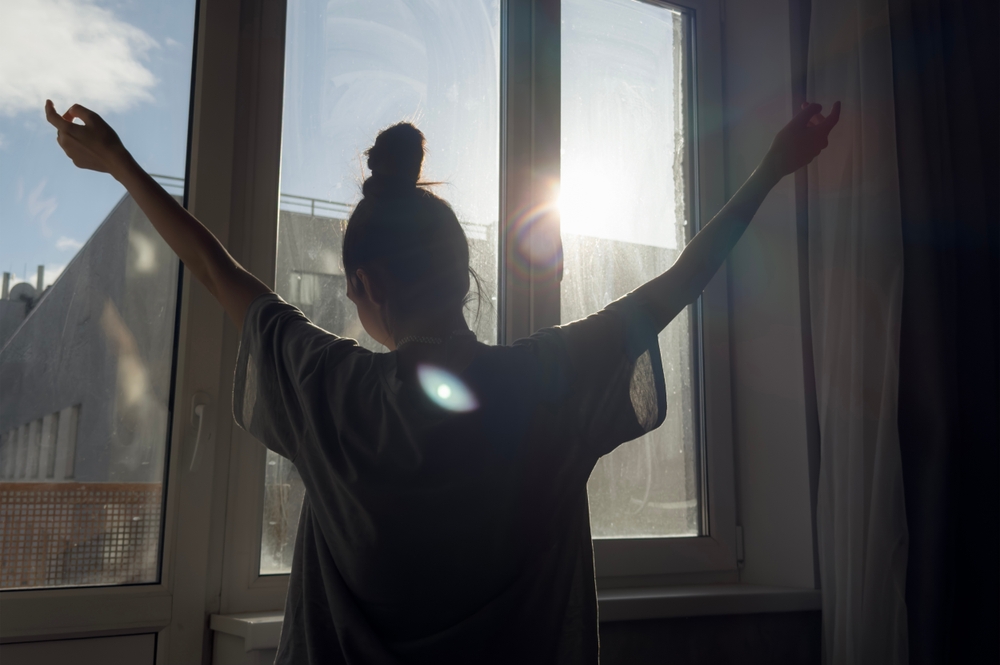Blue Monday and the Winter Blues: How to Cope with Low Mood in January
Feeling tired, low, or unmotivated this winter? You're not alone. Learn how to manage seasonal sadness and care for your mental health in the colder months.
What Is Blue Monday—and Is It Real?
You may have heard that the third Monday in January is the “most depressing day of the year.” Dubbed Blue Monday, it’s often linked to gloomy weather, post-holiday fatigue, and the pressure to start the new year strong.
But here’s the truth: Blue Monday is not based in science. It originated as a marketing concept—not a psychological fact.
That said, many people genuinely feel more down in January—and that experience is very real. It’s often due to a combination of environmental, emotional, and biological factors. Let’s explore why winter can feel so heavy—and how to support your mental health this season.
Why January Often Feels Emotionally Difficult
- Reduced Daylight and Less Sun Exposure
Winter months bring fewer daylight hours. This decrease in sunlight can disrupt your circadian rhythm and lower serotonin levels, a key neurotransmitter for mood regulation. - Post-Holiday Letdown
After the holidays, many experience a dip in excitement, a return to routine, or even loneliness—especially if they spent time apart from loved ones or faced financial stress. - Pressure to Start the New Year Strong
Society pushes us to hit the ground running in January. But when goals feel too big or energy is low, this can lead to feelings of inadequacy, guilt, or burnout. - Seasonal Affective Disorder (SAD)
For some, winter sadness is more than just a mood dip. SAD is a clinical condition characterized by persistent low mood, irritability, appetite changes, and sleep disruption.
If these symptoms persist or significantly impact your functioning, it’s important to seek professional support.
5 Therapist-Recommended Strategies to Beat the Winter Blues
- Get Natural Light Whenever Possible
Even on cold or overcast days, natural light exposure supports mood regulation. Try:- Morning walks
- Sitting near a bright window
- Using a light therapy lamp (especially for SAD)
- Move Your Body—Gently and Consistently
Exercise releases endorphins, your brain’s natural feel-good chemicals. You don’t need to overdo it—walking, yoga, stretching, or dancing to a playlist counts. - Stay Connected to Others
Social withdrawal often intensifies winter sadness. Prioritize low-pressure connection:- Text or call a friend
- Meet for a cozy coffee or walk
- Join an online group or winter class
Connection doesn’t need to be big to be meaningful.
- Prioritize Rest and Comfort
The urge to slow down is valid. Listen to it. Try:- A slow morning routine
- Soft blankets and candlelight
- Journaling or quiet reading time
Rest is productive for the nervous system.
- Seek Support if Sadness Lingers
If low mood is persistent or interferes with your life, therapy can help.- CBT for SAD helps shift depressive thinking patterns
- Trauma-informed therapy can address underlying emotional layers
- Talking with someone can offer relief, validation, and direction
Self-Compassion Is Crucial in the Winter Months
January often comes with the illusion of needing to "be better"—but healing happens with slowness, softness, and consistency.
You’re not lazy or broken for feeling off this time of year.
You’re human, and your body is responding to real seasonal changes.
Practicing self-compassion and reaching out for help are signs of strength—not weakness.
You’re Not Alone—Support Is Available
Whether you’re facing seasonal sadness, burnout, or isolation, support is available.
I specialize in therapy for adults navigating low mood, winter blues, and emotional regulation. Let’s build a plan together—one that’s gentle, sustainable, and rooted in compassion.
Book a free consultation today.
Related Articles
Here are some other articles that might help you navigate the winter blues and emotional regulation:
- Healing from Complex PTSD: Understanding Symptoms & Recovery
- What is Complex PTSD? You Got Diagnosed, Now What?
- Healing PTSD with Cognitive Processing Therapy (CPT)
- Cultural Burnout: How Therapy Helps Expats Manage Stress and Feel Grounded Abroad
- Managing Anxiety, Burnout, and Overwhelm: Practical Self-Care Tips for Expats and Those Facing Stressful Transitions
Tags: blue monday mental health, coping with winter blues, seasonal affective disorder tips, therapy for low mood, january depression support, mental health winter, how to feel better in winter, light therapy for SAD, therapist for seasonal depression, emotional regulation winter months, post-holiday depression, new year anxiety, CBT for SAD, therapist for expats winter blues




